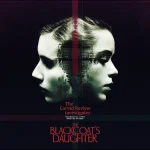Anna Karenina (2012)
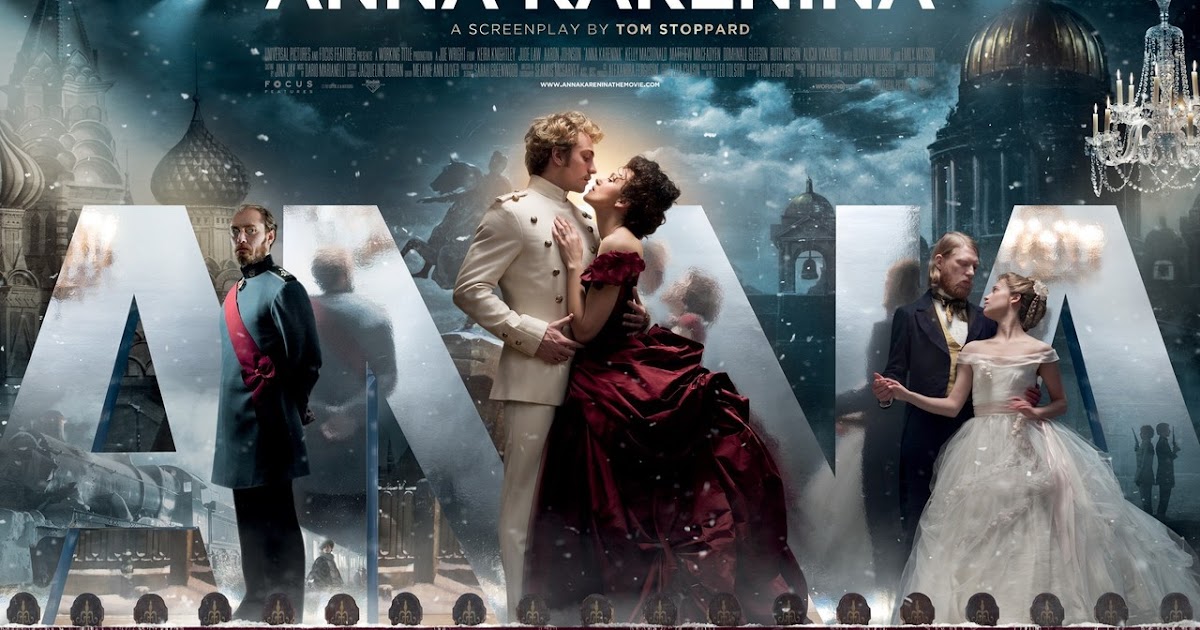
Anna Karenina (2012) is a historical romantic drama directed by Joe Wright, based on the novel by Leo Tolstoy. The film is a visually stunning adaptation that explores themes of love, passion, betrayal, and societal expectations. With an all-star cast, including Keira Knightley as Anna Karenina, Jude Law as her husband Karenin, and Aaron Taylor-Johnson as her lover Vronsky, this adaptation brings a fresh perspective to one of the most famous and tragic love stories in literature.
The story centers on Anna Karenina, a beautiful and intelligent woman trapped in a loveless marriage to the cold and distant government official, Alexei Alexandrovich Karenin. When Anna meets the dashing Count Vronsky, a passionate affair ensues, leading to scandal and social ostracism. In 19th-century Russian society, the repercussions of adultery are severe, and Anna’s affair with Vronsky becomes the focal point of the film’s exploration of the tension between personal desires and societal pressures. The tragic consequences of their relationship unfold as Anna’s world collapses under the weight of guilt and public judgment.
Joe Wright’s direction of Anna Karenina is both bold and imaginative, employing a unique theatrical style that sets this adaptation apart from previous ones. Instead of portraying the film in a traditional realist fashion, Wright presents the story in a stylized, almost stage-like manner. Many scenes are set in a theatrical, constrained space, with the characters interacting in a space that constantly reminds the audience that they are watching a performance. This approach underscores the themes of confinement and social constraints, emphasizing how Anna’s life is shaped and limited by the rigid expectations of the society around her.
Keira Knightley’s portrayal of Anna Karenina is both poignant and powerful. Knightley captures the complexity of Anna’s character, embodying her beauty, vulnerability, and internal conflict. Her performance reveals the inner turmoil of a woman who desires freedom and love but is ultimately doomed by her choices. Aaron Taylor-Johnson also delivers a compelling performance as Count Vronsky, a man who is swept up in his passion for Anna but, like her, is ultimately unable to escape the consequences of their actions. The relationship between Anna and Vronsky is portrayed with intense chemistry, yet it is clear that their love is ultimately destructive, both for themselves and for those around them.
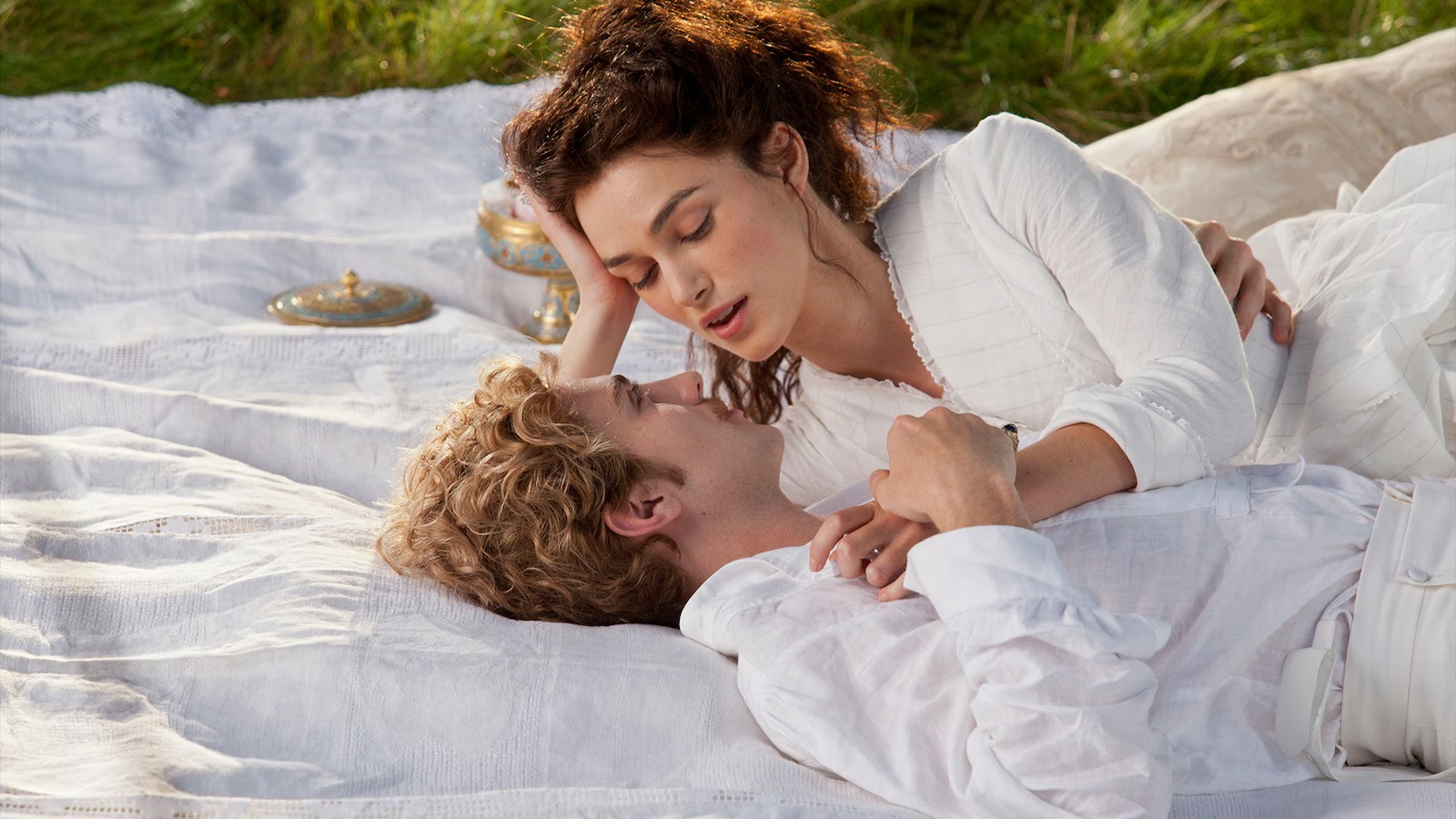
In addition to the strong performances, the film’s visuals are stunning. The costumes, set design, and cinematography all work together to create a rich and immersive atmosphere that transports the audience to 19th-century Russia. The use of lush, ornate settings and the contrast between the lavishness of the aristocratic world and the starkness of Anna’s personal descent into despair reflect the duality of her life. The film’s striking use of color and movement enhances the emotional intensity of the story, especially during key moments of tension and heartache.
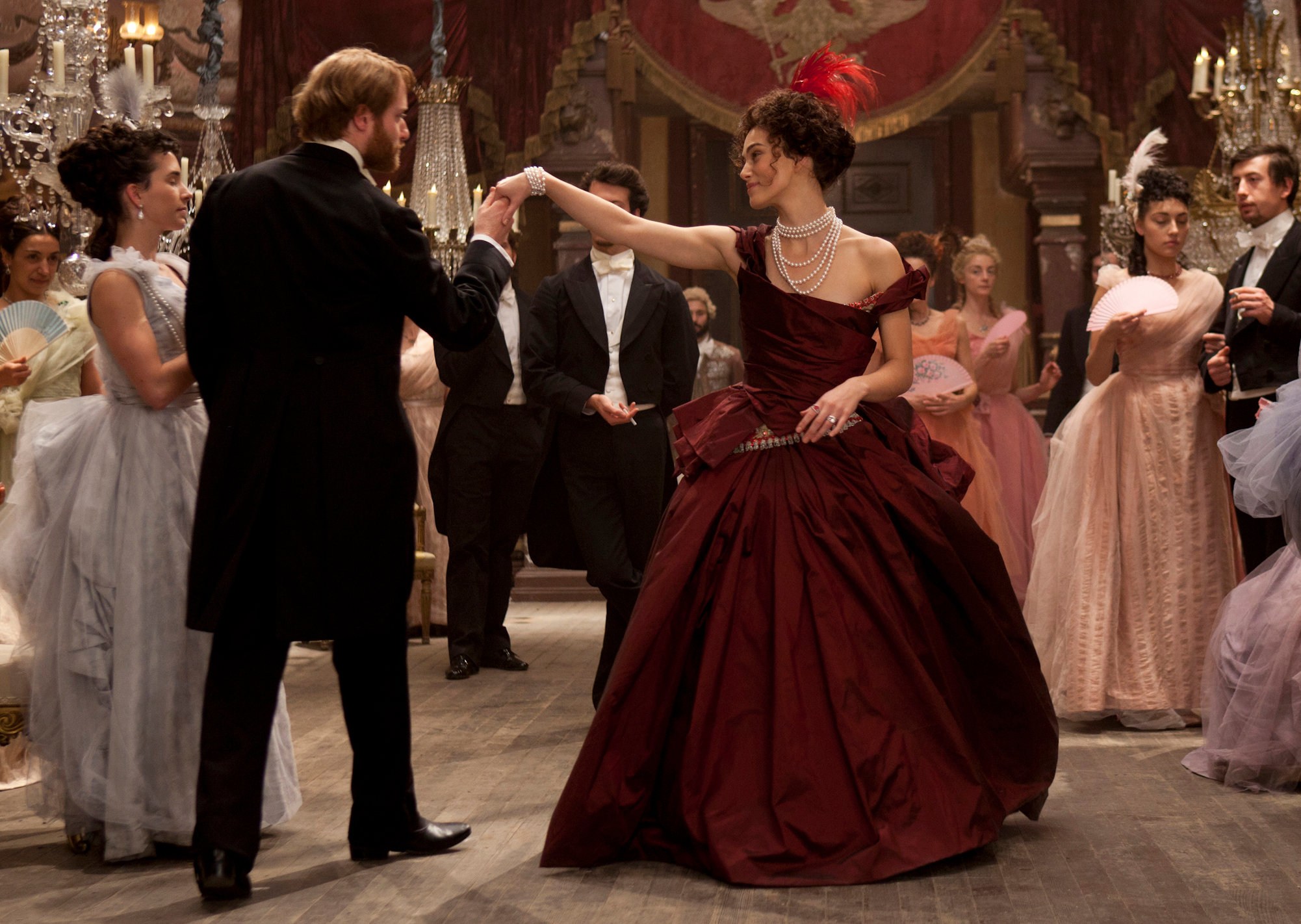
The themes of love, betrayal, and the consequences of one’s actions are explored deeply in Anna Karenina. Anna’s tragic fate serves as a commentary on the limitations imposed by society and the destructive power of passion when it is allowed to flourish unchecked. While the film’s ending is inevitable, it is also profoundly moving, as Anna’s search for love and meaning ultimately leads to her undoing. The film challenges the audience to consider the price of personal freedom and the societal norms that often dictate the choices we make in life.
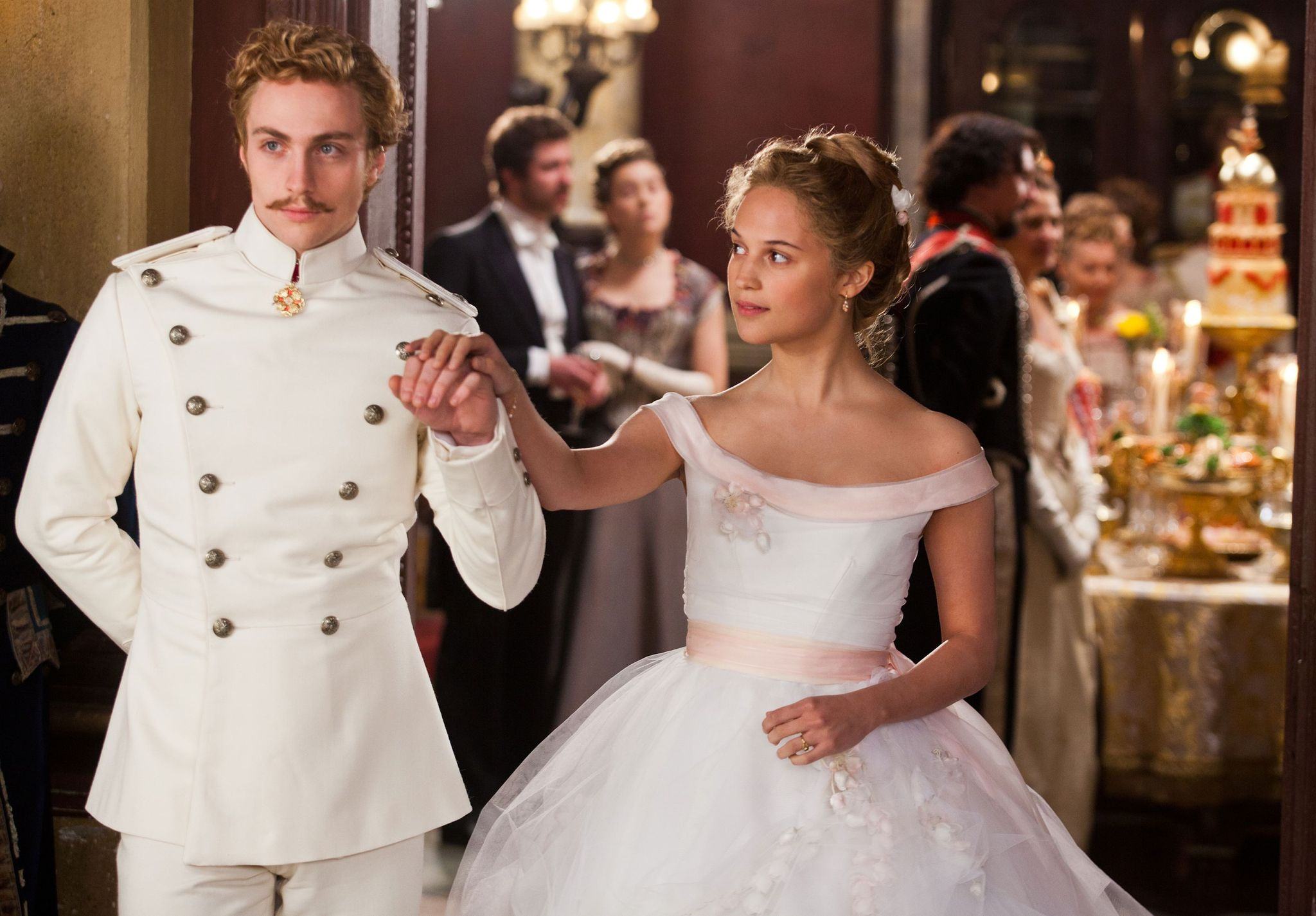
In conclusion, Anna Karenina (2012) is a visually captivating and emotionally intense adaptation of Tolstoy’s classic novel. Joe Wright’s direction, combined with Keira Knightley’s stellar performance, brings a fresh, modern sensibility to this timeless story of love and tragedy. Through its innovative style and exploration of universal themes, the film captures the heart of Anna’s story, leaving the audience to reflect on the complexities of love, loyalty, and societal expectations. It is a film that stays with you long after the credits roll, haunting in its beauty and tragedy.











